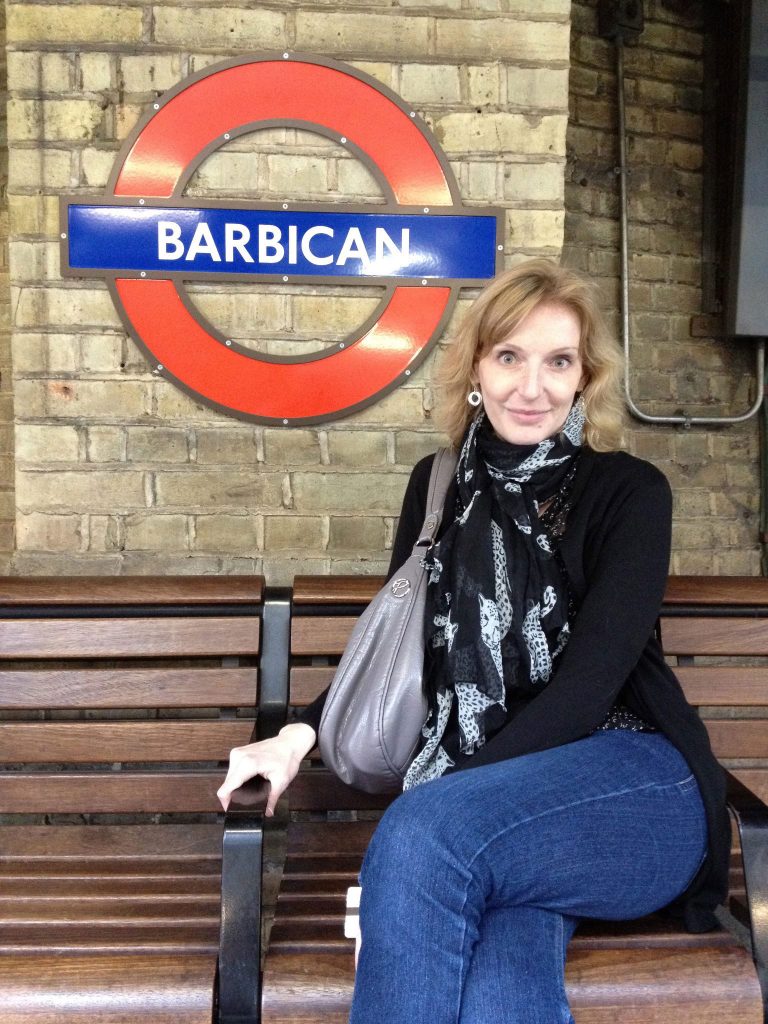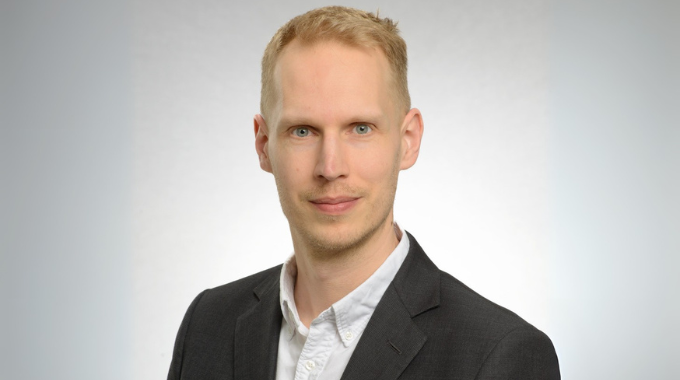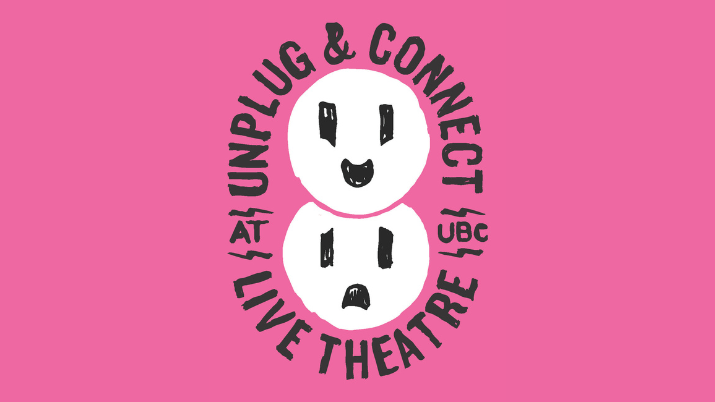CONGRATS TO DOUBLE ALUMNA MELISSA POLL ON THE PUBLISHING OF HER BOOK: "ROBERT LEPAGE’S SCENOGRAPHIC DRAMATURGY: THE AESTHETIC SIGNATURE AT WORK"!
A graduate of the University of British Columbia’s BFA (Acting) and MA Theatre program, Melissa Poll has worked as an actor (Arts Club, Bard on the Beach, Vancouver Playhouse and Théâtre la Seizième), critic (Vancouver Sun, Vancouver Plays, and The British Theatre Guide) and dramaturg (Solo Collective and Shameless Hussy). She completed a PhD in Drama at the University of London, Royal Holloway in 2015 and is currently working as a SSHRC-funded postdoctoral research fellow at Simon Fraser University. Her project, “Towards Reconciliation? Intercultural Performance-Making on Turtle Island,” investigates how select performing arts companies are crafting intercultural performances via a dramaturgy of resurgence and redress that stages colonizing practices in an effort to acknowledge the legacy of colonialism for Indigenous Peoples. Melissa’s research on performance-making, interculturalism, theatre criticism, and modern misogyny has been published in Body, Space & Technology Journal, Canadian Theatre Review, Theatre Research in Canada, and Interventions/Contemporary Theatre Review. Her monograph, Robert Lepage’s Scenographic Dramaturgy: The Aesthetic Signature at Work was published in July 2018 as part of Palgrave Macmillan’s “Adaptation in Theatre and Performance” series.
On Robert Lepage’s Scenographic Dramaturgy: The Aesthetic Signature at Work:
This book theorizes auteur Robert Lepage’s scenography-based approach to adapting canonical texts. Lepage’s technique is defined here as “scenographic dramaturgy,” a process and product that de-privileges dramatic text and relies instead on evocative, visual performance and intercultural collaboration to re-envision extant plays and operas. Following a detailed analysis of Lepage’s adaptive process and its place in the continuum of scenic writing and auteur theatre, this book features four case studies charting the role of Lepage’s scenographic dramaturgy in re-“writing” extant texts, including Shakespeare’s Tempest/La Tempête on Huron-Wendat territory, Stravinsky’s Nightingale in a twenty-seven ton-capacity pool, and Wagner’s Ring cycle via the infamous, sixteen-million-dollar Metropolitan Opera production. The final case study offers the first interrogation of Lepage’s twenty-first century “auto-adaptations” of his own seminal texts, The Dragons’ Trilogy and Needles & Opium. Though aimed at academic readers, this book will also appeal to practitioners given its focus on performance-making, adaptation and intercultural collaboration.”
While neither production is discussed in Robert Lepage’s Scenographic Dramaturgy: The Aesthetic Signature at Work, Dr. Poll is acutely aware of the deeply problematic politics of representation featured in Ex Machina’s works SLĀV (cancelled in Montréal) and Kanata. She strongly advises anyone wanting more information on these controversies to begin by reading the following outstanding pieces by Kevin Loring, Aly Ndiaye and Hanorah:
https://www.facebook.com/kevin.loring1/posts/10156244533355071
https://www.cbc.ca/news/canada/montreal/the-problem-with-slāv-why-black-people-aren-t-applauding-a-tribute-to-slave-songs-1.4727432
https://www.cbc.ca/arts/10-or-so-questions-to-ask-yourself-before-making-art-about-a-group-you-don-t-belong-to-1.4732386
What Melissa has to say about her time at UBC:
I arrived at UBC, located on the traditional, ancestral, and unceded territory of the Musqueam people, at the perilously under-formed age of 17. I was a Vancouver Island girl intimidated by her big city roommates (hailing from Toronto, Vancouver and even Port Moody!). The theatre department was where I found my home, joining an amazing cohort and working with Stephen Heatley. The BFA gave me the necessary tools to pursue a career as a professional actor. In Jerry Wasserman’s outstanding Canadian and American drama classes, I also gained a passion for reading plays and thinking analytically—a seminal experience. The pull to expand this knowledge was unshakable.
When I began my MA, three years and well into the beginnings of a professional career later, I benefited from the program’s flexibility, continuing to work while I studied. I pursued a self-directed unit under Errol Durbach, which allowed me to shadow the then Vancouver Sun theatre critic Peter Birnie. I travelled to London to research the reception of Canadian theatre. I even took a Québec literature course with Erin Hurley, a brilliant scholar, who introduced me to the work of Robert Lepage.
Though I cherish my time at UBC, I’m even more grateful for the ways in which its alumni are coming to define the Vancouver theatre landscape and beyond—in particular, the women. They are the actors, directors, designers, devisers, dramaturges, playwrights, professors, researchers, and technicians who are unapologetically moving the art, and the vital conversations surrounding it, forward.



